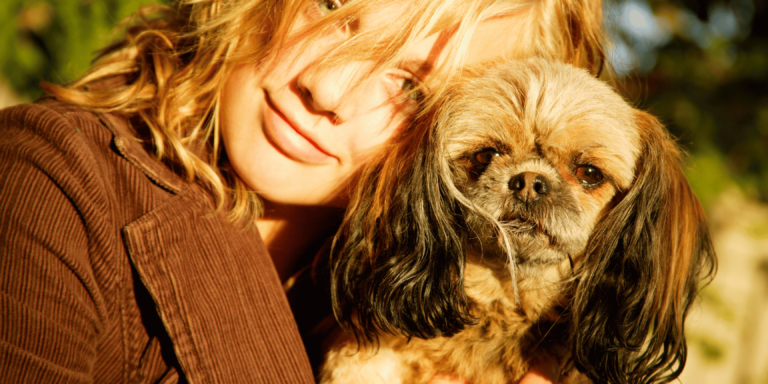What Are German Shepherds?
German Shepherds are a breed of working dogs known for their intelligence, versatility, and loyalty. Originally from Germany, they are both excellent service dogs and loving family pets. German Shepherds have a dense, medium-length coat and a muscular build, making them ideal companions for active individuals.
What Is Known About German Shepherds
German Shepherds originated in Germany and were bred in the late 19th century. They were specifically developed for herding sheep and other agricultural tasks.
German Shepherds are medium to large-sized dogs with a strong, muscular build. They have a dense, medium-length double coat. Typical coat colors include black with tan, red, gold, or gray markings.
German Shepherds are known for their intelligence and learning ability. They are loyal, protective, and vigilant, making them excellent guard and service dogs. Additionally, they are energetic and eager to work, making them ideal for various tasks and as family pets.
German Shepherds can be prone to certain health issues, such as hip dysplasia and elbow dysplasia. Regular exercise and mental stimulation are important to keep them healthy. Grooming also plays a key role in their care.
The life expectancy of a German Shepherd is typically between 9 and 13 years, depending on the dog's health and care.
Living with a German Shepherd
We Asked Our Community
German Shepherds are an impressive breed, known for their intelligence and versatility. These strong dogs are particularly distinguished by their muscular build and dense, medium-length coat, typically black with tan, red, gold, or gray markings. We also asked our community about German Shepherds to give you authentic insights into life with these remarkable dogs. Learn more about their unique traits, care requirements, and why they are so popular!

The Benefits of German Shepherds
German Shepherds are impressively versatile and intelligent dogs that offer numerous advantages. Their high learning ability and alertness make them ideal service and guard dogs, while their loyalty and protective instincts make them faithful family companions. With their muscular build and dense coat, they are robust and health-promoting, and their energy and love of exercise make them perfect partners for active people. Whether as working dogs in rescue services or as loving pets, German Shepherds are known and valued for their reliability and versatile skills.

How Do German Shepherds Interact with Children?
What Do German Shepherds Eat?
German Shepherds require a balanced and nutritious diet to stay healthy and active. High-quality dog food rich in proteins forms the foundation of their diet.
What Activities Do German Shepherds Prefer?
German Shepherds love to be active and enjoy a variety of activities. They enjoy long walks, jogging, hiking, and playing fetch. They also excel in dog sports such as agility, obedience, and protection work. Mentally challenging games and tasks, such as learning new commands or solving puzzles, are also ideal for keeping them mentally stimulated.
Mine loves stick games.
Anything with a ball.
What Training Is Right for German Shepherd Puppies?
Structured and consistent training is ideal for German Shepherd puppies. Start with basic obedience training, such as sit, stay, and come. Socialization is also crucial—introduce them early to various people, animals, and environments. Positive reinforcement with treats and praise works best. Short, playful training sessions help maintain their attention and prevent them from becoming overwhelmed. Finally, mental challenges and puzzle games are important for fostering their intelligence.
Early and comprehensive socialization is crucial. Provide your German Shepherd puppy with positive experiences with different people, other dogs, various animals, and diverse environments.
Reward desired behaviors with treats, praise, and toys. Positive reinforcement promotes faster learning and strengthens the bond between you and your puppy.
Beginne frühzeitig mit dem Gehorsamkeitstraining, um eine starke Bindung zwischen dir und deinem Welpen aufzubauen. Übe grundlegende Befehle wie „Sitz“, „Platz“, „Hier“ und „Bleib“.

German Shepherds and Hip Problems
German Shepherds are unfortunately often affected by hip problems, particularly hip dysplasia. This genetic condition leads to a malformation of the hip joint, which can cause pain and restricted movement. To minimize the risk, it is important to choose responsible breeders who prioritize healthy breeding lines. Additionally, German Shepherds should maintain a healthy weight and have regular veterinary check-ups. A balanced diet and controlled exercise are also essential to support the joints and improve quality of life.












